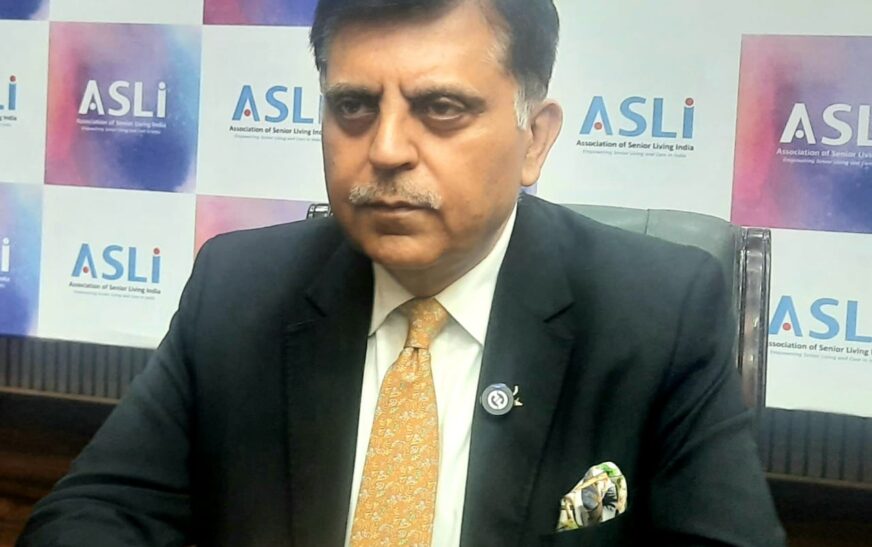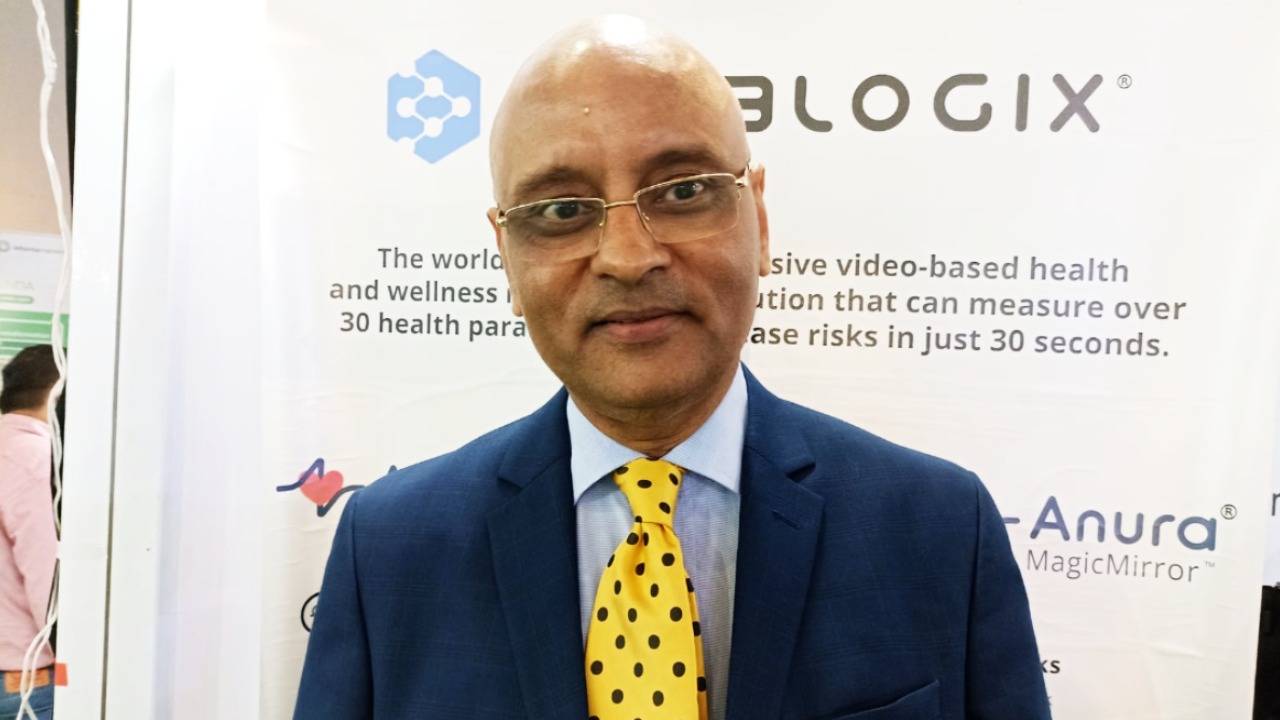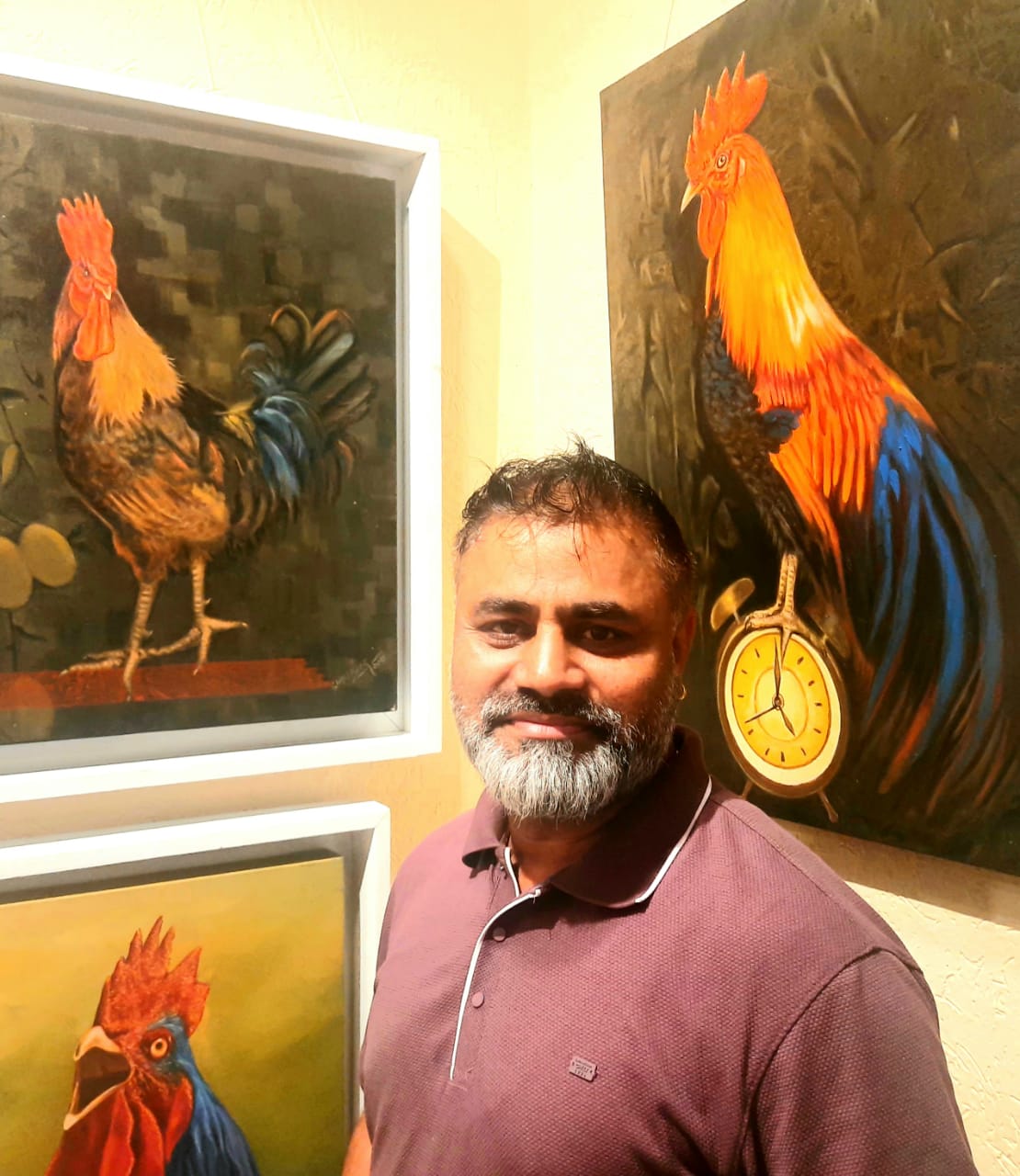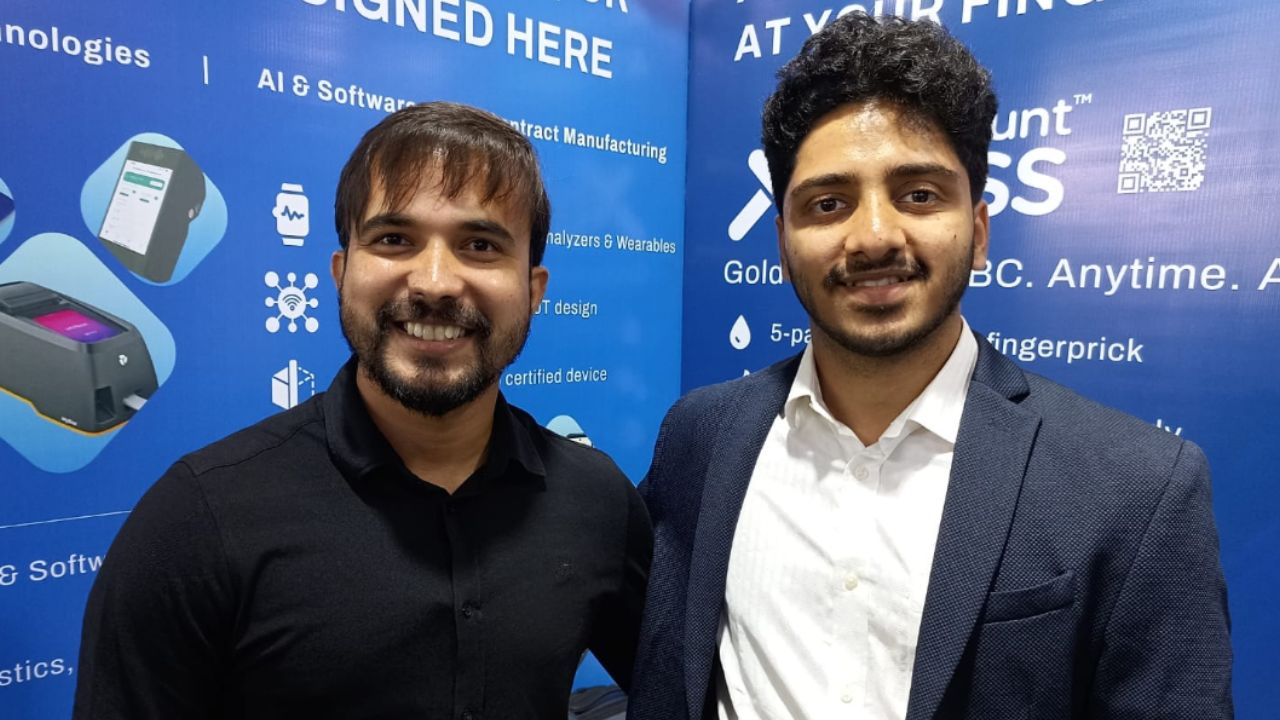India’s senior population faces formidable health challenges, particularly the “four I’s”—instability, immobility, impairment, and incontinence. Alarmingly, nearly 74% of seniors grapple with chronic conditions. Yet, in a post-COVID world, many seniors have become surprisingly tech-savvy, turning to platforms like WhatsApp and YouTube to maintain social connections and access information.
The senior care market in India, currently valued at $7 billion, is poised for exponential growth. By 2030, the demand for senior living units will surge, reaching 1.8 million. This growth presents lucrative business opportunities in senior living, remote care, and wellness services. However, India needs clear policies and a unified regulatory framework to unlock this sector’s potential. There are strong recommendations for senior-friendly city planning and tax incentives to spur investment.
Financially, seniors face hurdles such as limited access to pensions and tailored insurance products. Addressing workforce shortages in senior care could involve training community health workers to bridge the gap. Additionally, India can draw insights from global best practices. A dedicated task force could study effective senior care models from countries like Japan and Switzerland, applying those learnings to enhance domestic strategies.
In an exclusive conversation with The Interview World, Rajit Mehta, Chairman of the Association of Senior Living India (ASLI) and MD & CEO of Antara Senior Living, delves into the multifaceted landscape of senior care in India. He sheds light on pressing health issues, the pandemic’s impact on seniors, sector growth forecasts, caregiving capacity building, policy imperatives, digital inclusion, and international benchmarks. Here are the essential insights from his compelling interview.
Q: What are the major health challenges seniors face in India?
A: As people age, they often encounter the “four I’s”—instability, immobility, impairment, and incontinence. These challenges drastically diminish their quality of life. In India, nearly 40% of seniors struggle with vision or hearing impairments or face cardiac conditions. The situation worsens with cognitive health; about 70% of dementia cases remain undiagnosed, depriving many of essential medical care. Overall, a staggering 74% of seniors live with at least one chronic condition, highlighting an urgent need to strengthen healthcare systems tailored to this growing demographic.
Q: How has the COVID-19 pandemic impacted the senior population in India?
A: The pandemic has exposed the vulnerabilities of the senior population like never before. Over the past decade, and especially in the post-COVID era, healthcare demands among urban seniors have surged. At the same time, the crisis has driven a rapid digital transformation among this demographic. Seniors have become adept at using platforms like WhatsApp, video calls, YouTube, and Facebook—not just for staying socially connected but also for accessing vital wellness resources. This shift marks a significant leap in their digital engagement and self-care.
Q: What is the forecast for India’s senior care sector?
A: India’s senior care sector is on the cusp of significant growth. According to NITI Aayog, the market was valued at $7 billion in 2014 and is expected to maintain that value by 2030. However, demand for senior living units is set to skyrocket, with projections estimating a need for 1.8 million units—far exceeding the current supply of just 30,000. A recent study by Antara, in partnership with McKinsey, reveals a rapidly expanding yet fragmented market. This underscores the urgent need for comprehensive and integrated solutions in senior care to meet the rising demand.
Q: Can you share insights on how capacity-building initiatives are being implemented to enhance caregiving services for senior citizens?
A: Caring for the elderly requires more than just one individual. As a caregiver to both my father and mother, I understand the immense responsibility it entails. It demands a dedicated workforce, yet hospitals often lack skilled nursing staff. So, where do we source this workforce from?
To address this, we must collaborate with the healthcare sector and skills councils to develop targeted training programs. We should focus on training Anganwadi and ASHA workers in geriatric care. Furthermore, we need to advocate for an increase in the number of seats for geriatric care specializations in medical colleges. Establishing dedicated geriatric care wings in hospitals is also crucial, as seniors require specific attention when they seek medical help.
Additionally, we can train domestic staff to handle elderly care effectively, thereby building the capacity to provide more caregivers for seniors. Only by taking these steps can we ensure a sustainable and robust system to support the growing needs of our aging population.
Q: What policies do you believe are essential to address the needs of the growing senior citizen population in the country?
A: We have several key policy frameworks in place. First, we need to establish minimum standards for senior living and housing—defining the services and design required. Additionally, city master plans must allocate designated land for senior living, enabling developers to access government incentives and tax benefits. NAPH has already drafted minimum standards for assisted living and home care. This is a crucial step toward ensuring quality care for seniors.
Furthermore, there’s an urgent need to address GST. Seniors currently pay an 18% tax on maintenance fees at senior living facilities. Rationalizing this tax is essential to ease the financial burden on them.
Another critical area is insurance. Currently, no policies cover assisted living or home care for seniors; they only cover hospitalization. Developing insurance frameworks that include these services is vital for supporting seniors’ long-term care needs. These policy changes are crucial for properly developing the senior living sector in India.
Q: How do you see the role of digital inclusion and security in ensuring the well-being of senior citizens, and what measures should be prioritized to protect them in an increasingly digital world?
A: We must collaborate with banks and insurance companies to organize awareness sessions for seniors. By providing access to trained counselors, we can ensure that they are fully informed about necessary precautions. This will help them avoid falling victim to digital threats and empower them to navigate the digital landscape safely.
Q: How can India learn from global best practices in senior care?
A: Countries like Japan and Switzerland have established robust senior care systems. India could greatly benefit from creating a task force to examine these global best practices. This task force should focus on evaluating policy frameworks, service delivery models, and innovative solutions that could be tailored to the Indian context. By doing so, India can better prepare for the “silver tsunami” in the decades ahead, ensuring it is equipped to meet the growing needs of its aging population.
Q: Can you provide an overview of the 5th ASLI Aging Fest? What key topics and initiatives will be discussed or unveiled during the event?
A: Each year, we organize an annual festival that brings together experts, industry leaders, investors, and technology innovators to assess the state of the senior care sector. This event highlights the sector’s size, its current challenges, and the developments needed to better serve seniors.
This year’s theme, Senior Care Sector Ready for Takeoff, covers a range of crucial topics. We are hosting sessions on innovation and technology, exploring robotics for seniors, financing options, and insurance programs tailored for the elderly. Additionally, we are interviewing investors to understand what makes the sector attractive to them.
We are also dedicating an entire session to capacity building and skill development—focusing on how to enhance the workforce needed to support this growing industry.









